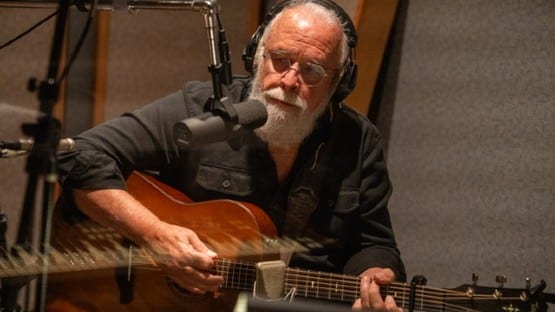
“Petitioning on behalf of a presidential candidate is an exercise of political speech protected by the First Amendment,” said Katie O’Connor, staff attorney with the ACLU Voting Rights Project in Atlanta. The state has no basis for restricting this right to people who live in Virginia.”
The ACLU represents the Libertarian Party of Virginia and Darryl Bonner, a non-Virginia resident who often circulates petitions on behalf of Libertarian Party candidates in other states.
“People from out of state may greatly contribute to the political discourse in Virginia,” said ACLU of Virginia Legal Director Rebecca K. Glenberg. “Prohibiting non-residents from petitioning in Virginia reduces the total amount of political speech in the state, and voters are the worse off for it.”
Virginia Code Section 24.2-543 requires “non-party” presidential candidates who wish to be listed on a general election ballot to gather at least 400 signatures from each congressional district and a total of 10,000 from the entire state. Individuals are considered to be non-party candidates if they or the organization they represent received less than 10 percent of the total vote cast in either of the two preceding statewide elections. The signatures must be witnessed by state residents.
A similar issue arose earlier this year when Republican presidential hopeful Rick Perry challenged a related Virginia law imposing state residency requirements on individuals who circulate petitions for presidential primary candidates. In that case, a federal judge said that Perry had filed his lawsuit too late to expect a court remedy, but not before opining that the residency restrictions were likely unconstitutional.
The defendants in the case, members of the Virginia State Board of Elections, also filed a motion for summary judgment, asking the court to dismiss the case.
Glenberg and O’Connor represent the plaintiffs.










